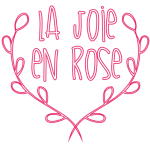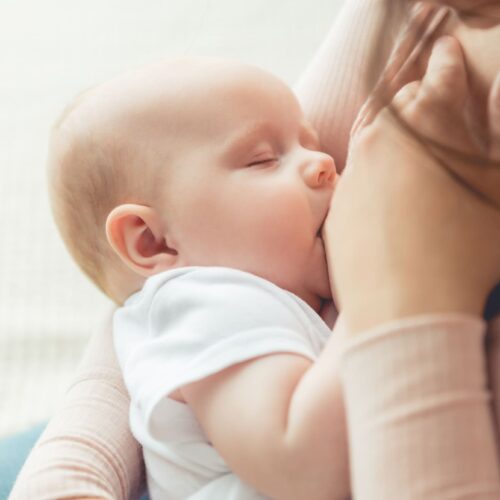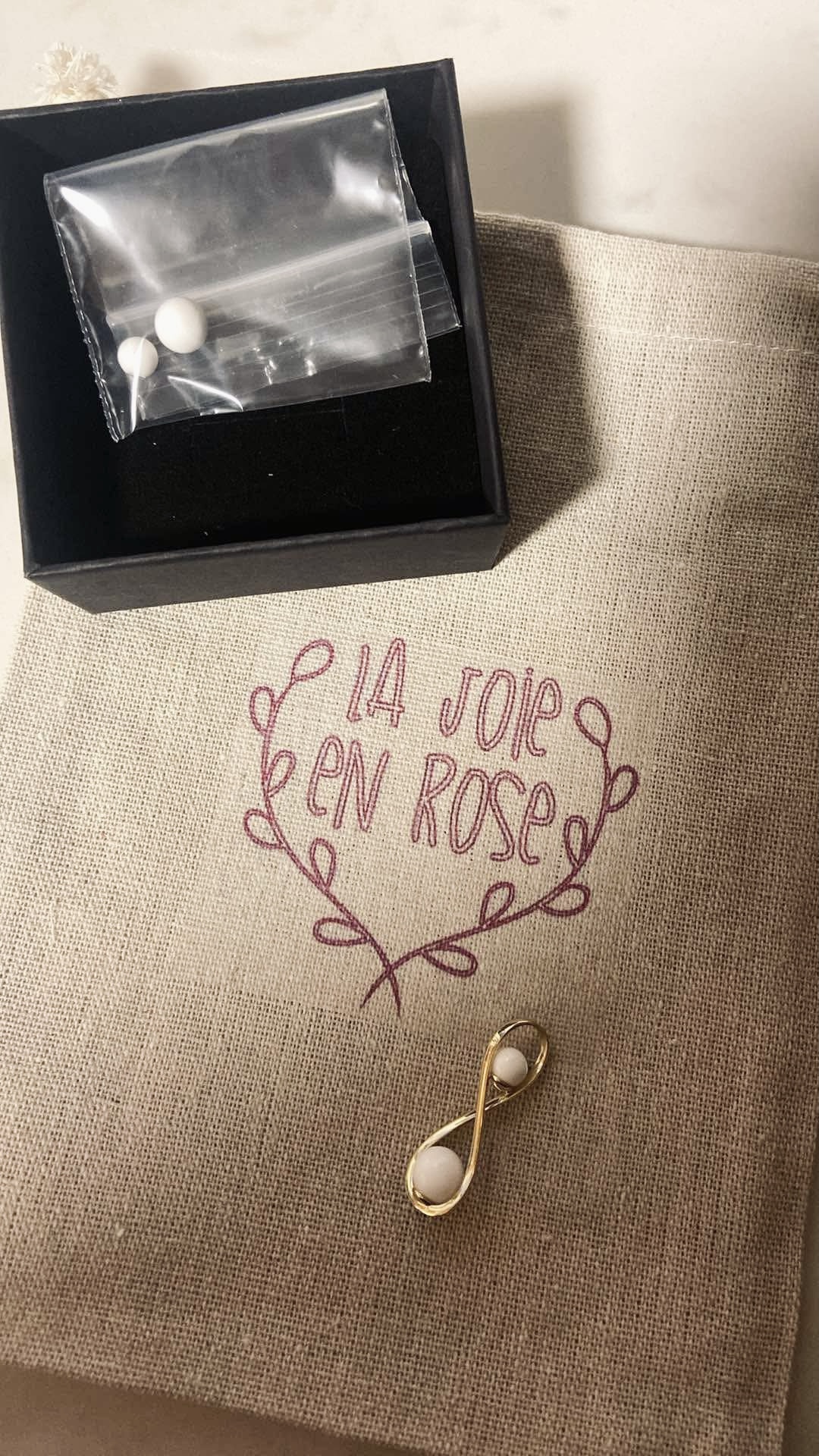EXCERP: Today, I would like to discuss a subject we seldom talk about in our culture. It hurts to talk about it and leaves most of us at a loss for words. What is it? Perinatal bereavement.If you are reading this article, you are no doubt aware that I create jewelry from breast milk. Each piece is a precious keepsake of an intimate time with our young one. Too often though, I create jewelry for women who have lost their baby.
Today, I would like to discuss a subject we seldom talk about in our culture. It hurts to talk about it and leaves most of us at a loss for words. What is it? Perinatal bereavement.
If you are reading this article, you are no doubt aware that I create jewelry from breast milk. Each piece is a precious keepsake of an intimate time with our young one. Too often though, I create jewelry for women who have lost their baby. In those cases, the memento is not only precious – it is priceless.
Orphaned parents
We call them ‘orphaned parents’, though there is no word in English for a parent who loses a child. I want to reveal to you a little bit about these moms and dads who go through the terrible trial of losing a child.
To begin with, if you are going through or have lived through such grief, you should know that there are a number of associations that exist for parents who just need to talk to people who will really understand them. One such association is Parents Orphelins. They define perinatal bereavement as ‘the death of a baby that occurs during the course of the pregnancy, in baby birth or during the first year of life.’
Regardless of the reason for the death of the baby – miscarriage, abortion for therapeutic reasons, sudden infant death, foetal death, or neonatal death – the psychological toll on parents is massive and the whole family is affected by the death of a child. Of course, we tend to think first of the mother who carried her baby and the physical and psychological loss of her child, but we oftentimes forget the father, as well as the siblings and grand-parents who will be forever affected by the loss. Orphaned parents, and families too.
The day everything changed
It’s impossible to measure the heartache and grief cannot be mapped on a timeline. Everyone is different, and everyone will grieve in their own way.
On the CHU de Sainte-Justine website, the section entitled The day everything changed is dedicated to perinatal bereavement. Clearly, this is the reality of many, though it is not well known and often difficult to understand. Of course, all can appreciate the gravity of this event, but clearly knowing how to react, what to say, and what to do for the grieving families is a challenge for many.
Whether you personally have lived through this trial or know someone going through it, I would urge you to consult the videos posted on the pages I just referred to above (link here). You will meet parents who tell their story and explain how they were able to overcome this ordeal. I am hopeful this will help eliminate certain taboos.
Supporting bereaved families
In its section Supporting a bereaved parent, the association Parents Orphelins gives many tips to help us support relatives or friends living through this situation. Another association, Les Perséides, also offers suggestions worthy of careful consideration in the section entitled Aider un proche (in French only). Here are some of them:
- Don’t shy away just because you don’t know what to say; keep in close contact with the bereaved parents
- Listen; showing interest doesn’t mean you have to do all the talking
- Allow the bereaved to talk about the baby as much as they want and every time they need to, even if that makes you uneasy
- Use the baby’s name when you talk about him/her
- Respect the parents’ need for alone time at different stages of the grieving
- Show special consideration to the baby’s siblings
- Avoid hurtful clichés such as “at least you can have another one”, “at least you have other kids”, “at least he/she died before you really got to know them”, etc.
- Remember that the baby is unique and will always be a part of the family that was expecting him/her or in which he/she was briefly a part of, and no other child will ever replace it.
For you, mothers
Lastly, a thought for you, dear moms who have carried and interacted with your baby. Your body and hormones are also coming to terms with the loss and you may still experience your breast milk coming in. Some mothers choose to stop milk production through drug therapy, while others wish to donate their breast milk, and others still may seek psychological support with a lactation specialist. There are no right or wrong choices.
I am regularly in contact with mothers who wish to safeguard the memory of the short time spent with their child by creating jewelry with their breast milk, and all of their accounts are so touching. Sometimes, a close relative will contact me for the mother. Every time, I am moved. These children will always hold a special place in their mom’s heart and the little I can do helps to keep their memory alive.
Unfortunately, perinatal bereavement is a far too common affliction. There are so many orphaned parents and bereaved families. Break down taboos. Let’s openly share our precious memories about these tiny stars that will forever twinkle in our lives.







Comments are closed for this article!